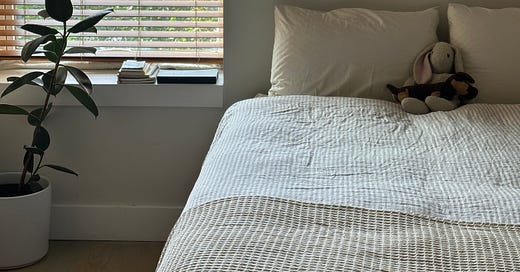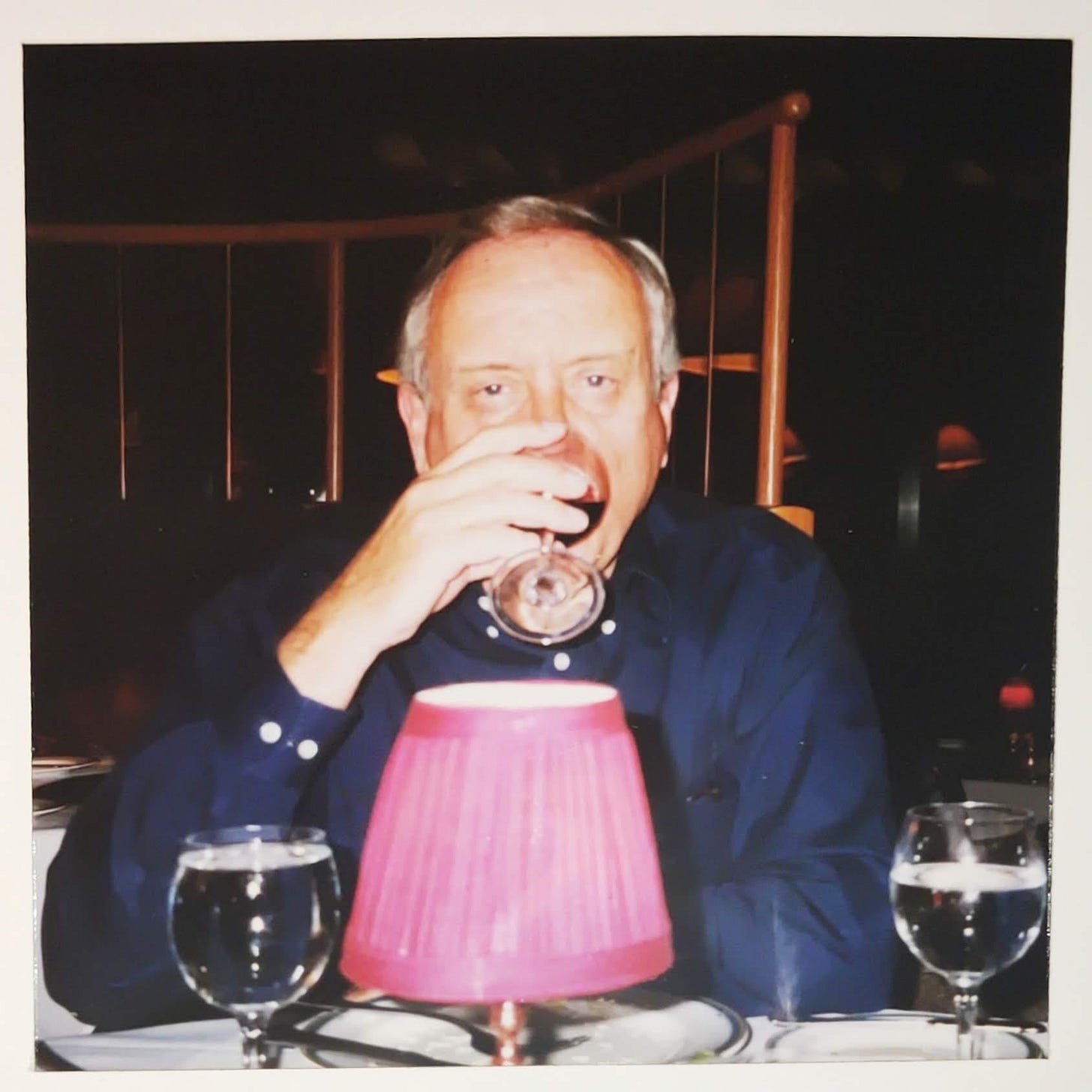“I fear I have lost the plot,” I said for most of the beginning of this year. Since I returned to New York from London in February and on my third flight to Arizona this year, somewhere between reality and the dreams I once had, I found myself wondering if there was any point to it all.
The last time I wrote here, I was unemployed–and it felt like the last version of myself I still recognized. For all its worries, woes and sleepless nights, unemployment was, in a strange way, everything it cracked up to be. I’ve always been oddly capable of escaping reality. Living somewhere in the clouds, in my dreams where reality can’t touch me, is where I feel most like myself. Unemployment kept me there—until one day, I came crashing down, head first into the pavement. The bills stopped getting paid. The roof over my head changed week to week. My friends grew tired of my suitcases taking up space in their apartments. I realized I could’ve lived like that for a long time except that, well, I know better.
So, on the very last day of March, I accepted a job. One not so dissimilar from the one I complained about incessantly for two years prior, but at least it paid the bills. I faked my excitement about it for weeks and talked myself into the idea that this could be the place I stay a while and put myself on a path to promotion.
I would enjoy the new structure to my days. I even wrote about it in my journal on my very first day: “At least now when I sit in front of my laptop I am actually doing something besides aimlessly applying for jobs and writing the occasional Substack post.” It’s like I knew that my creative pursuits would be the first to go out the window when the false hope of security took its place. The uncertainty of open-ended freedom was quickly replaced by another kind of uncertainty–the kind that comes with obligation and quiet resignation. And I couldn’t help but question myself: Wasn’t I supposed to want more? Wasn’t I the kind of person who did?
Just days before I started my new job, I got a call from my mom that my grandfather was to undergo brain surgery that morning. My 88 year-old grandfather, who two months prior had been tasked with carrying two full-size umbrella shades across the lawn and who busied himself with trading stocks until late at night, often getting into debates about politics on Facebook with close family friends.
I flew to Phoenix the next day and spent five days with my family, visiting my grandfather in the hospital three times. We talked about my new job and how fantastic the hospital staff was. He couldn’t get over how organized and polite they were. I told him hospitals had come a long way since he was last there. On Friday morning, the day he was scheduled to be released, I caught him feverishly typing up a response to a friend on Facebook about the implications of Tariffs and how Trump couldn’t “just buy other countries.”
“The Europeans already tried that once!” he nearly shouted from his hospital bed. I’ve always been inspired by my grandfather’s passion and inhibition to stand up for what he believed in while never missing an opportunity to hear what the other side had to say. In a moment of desperation, I asked him “if you were my age right now, what would you be doing to stand up for our country?” He said, “ I think I would make a great effort to be more of an activist.”
It made me question whether I was doing enough with the privilege of my age, my voice, my freedom. It was a reminder that standing still could also be a form of resignation.
When I returned to New York, I moved into a sublet in Bed-Stuy. It was there that I hosted Adam on his first trip back to the city since moving to London, where I waited anxiously for news as my sister gave birth to her first son—my nephew, Hank Atticus Hussey—and where I received the dreaded call that my grandfather had passed away peacefully at home, in the company of his beloved wife.
Grief has a way of turning everything upside down, but the hardest part wasn’t just the loss—it was the fact that life kept moving. I didn’t know where to put my energy anymore. I didn’t know if anything I used to care about still mattered.
Not long after, I flew to Denver for a three-day work trip. I joined in on a company-wide scavenger hunt and left the cocktail party early with a glass of red wine to sip in the solitude of my own hotel room. That Saturday, I flew to San Francisco to meet my nephew and spend time with my sister and brother-in-law. Ten days in pure bliss of newborn heaven and aunt privileges, which included sleeping eight hours a night. I quickly began to question why we didn’t live closer and if it was really necessary to live on opposite sides of the country—because what was the point of anything if not new life and family and staying close to the people you love?
That feeling only grew stronger as I traveled to Arizona to help throw the biggest party of the year at my grandfather's favorite rental home—a celebration of his life and the man he was.
The whole month, or maybe the whole year, has felt really heavy. The kind of heavy that drags you through the mud and leaves you questioning the point of it all.
So I stopped writing. I reserved my energy for spending time with family, the occasional yoga class, and remembering to take walks in the fresh air. I told myself it was okay to take breaks, to find new spaces of inspiration–and slowly, I began to accept that perhaps growth isn’t linear after all.
Life throws you curve balls until, suddenly, you fear you’ve lost the plot and wonder if there’s any coming back. Until one day, you find yourself buying new sheets, throwing them in the wash, and making your bed on a quiet Sunday afternoon while the light shines through the window and you think maybe you haven’t lost the plot at all. Maybe, in fact, you’re just beginning to find your way.





Grandpa would be so proud of you, meisje, for being so bold as to put these raw sentiments into words and share. I, too, I’m very proud of my girl and your continued awareness of growth and how it happens.
Seamless